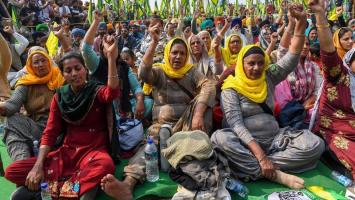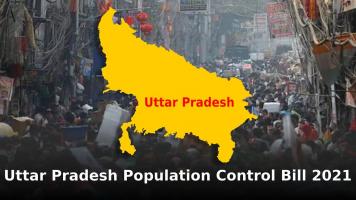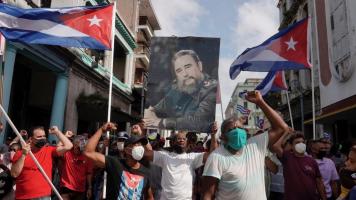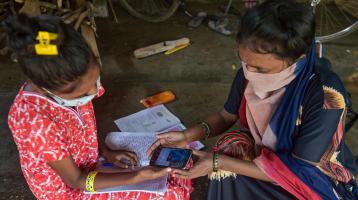Godavari Parulekar
Godavari Parulekar was a freedom fighter, a militant leader of the Warli Adivasi Revolt, a founder of the Maharashtra Rajya Kisan Sabha, the only woman president of the All India Kisan Sabha,
Born on August 14, 1907, Godavari Parulekar was a freedom fighter, a militant leader of the Warli Adivasi Revolt, a founder of the Maharashtra Rajya Kisan Sabha, the only woman president of the All India Kisan Sabha, member of the CPI(M) Central Committee for a quarter century, author of the celebrated work Adivasis Revolt, the first woman law graduate in Maharashtra, a dedicated social worker and a legendary leader of the Communist and Kisan movement in India. Convicted in 1932 for taking part in individual satyagraha, she came to Mumbai, where, through the Servants of India Society, she organised a massive adult literacy campaign in the working class areas of Mumbai in 1937-38, this being perhaps the first ever organised literacy campaign in Maharashtra. She led a 10,000-strong demonstration of domestic workers in 1938. Godavari Gokhale and Shamrao Parulekar were married on May 24, 1939, around the time they came into the Communist Party. The Parulekars helped in organising the first anti-war strike of the working class in Mumbai. Godavari was detained for over two years, from 1940-42, for her opposition to British war efforts. After their release from jail in 1942, Shamrao and Godavari switched over completely to organising the peasantry, to which they devoted the rest of their lives. Godavari was elected the first joint secretary of the Maharashtra Rajya Kisan Sabha at its foundation conference in January 1945. Godavari and Shamrao were a unique revolutionary team, leading the Warli Adivasi Revolt during 1945-47. They also led the armed struggle of the Communist Party for the liberation of Dadra and Nagarhaveli from Portuguese rule in 1954. In the late 1950s, Godavari led the Samyukta Maharashtra struggle in Thane district until the formation of Maharashtra state in 1960. Shamrao died while in detention in 1965. Godavari was also in the same jail at the time. Godavari completed Adivasis Revolt in jail after Shamrao’s death.






